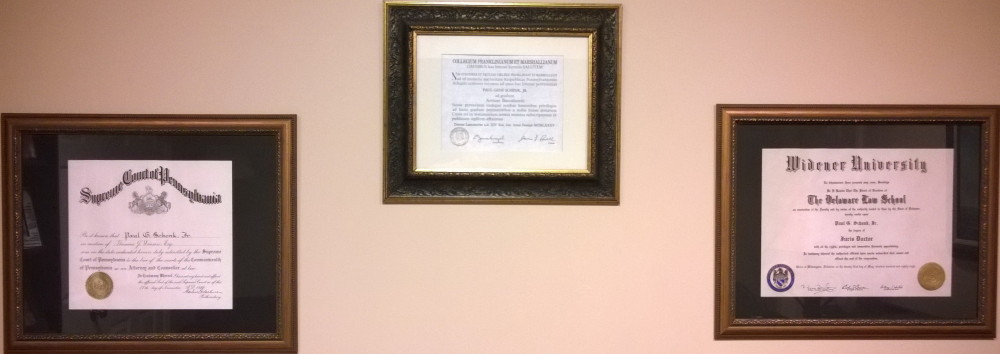THE FOLLOWING STUDY ARTICLE IS INTENDED FOR BASIC AWARENESS AND NOT FOR LEGAL ADVICE. IF THE READER SEEKS LEGAL ADVICE CONCERNING HIS OR HER PARTICULAR SITUATION, HE OR SHE SHOULD SEEK OUT AN ATTORNEY IN A LAWYER CLIENT RELATIONSHIP.
——————————————————————————————————————
THERE ARE TWO HOME HEALTH SERVICE BENEFITS UNDER MEDICARE, NOT JUST ONE .
A. There are two home health services under Medicare , not just one . The “Home Health Services” benefit is a potentially unlimited duration, longer term benefit to be furnished under Medicare Part A that is distinctly different from the “Post-Institutional Home Health Services” benefit that is a limited, shorter term , “spell of illness” benefit to be furnished under Medicare Part B .
Concerning entitlement to payment for home health services, section 42 USC Section 1395 d(a)(3) ” Scope of benefits ” states, in pertinent part , as follows :
(a) Entitlement To Payment For Inpatient Hospital Services, Post-Hospital Extended Care Services, Home Health Services, And Hospice Care
The benefits provided to an individual by the insurance program under this part shall consist of entitlement to have payment made on his behalf… for—
(3) in the case of individuals not enrolled in part B of this subchapter, home health services, and in the case of individuals so enrolled, post-institutional home health services furnished during a home health spell of illness for up to 100 visits during such spell of illness; ”…..;
( Underlining and Emphasis Added )
Thus, it is very important to clearly understand that there is one type of longer term home health benefit under Medicare Part A called “home health services” that is not the particular benefit to be furnished during a home health “spell of illness” for up to 100 visits ; while there is a different , more limited type of shorter term home health benefit under Medicare Part B called “post-institutional, spell of illness home health services” that is the particular benefit to be furnished only during a home health “spell of illness” for up to 100 visits during such “spell of illness”.
To See A Categorically Listed Archive Of Preliminary Legal Study Based Article Posts , See The Drop Down Box On This Page Or Click https://studypostlex.com/categorizedarchive/
